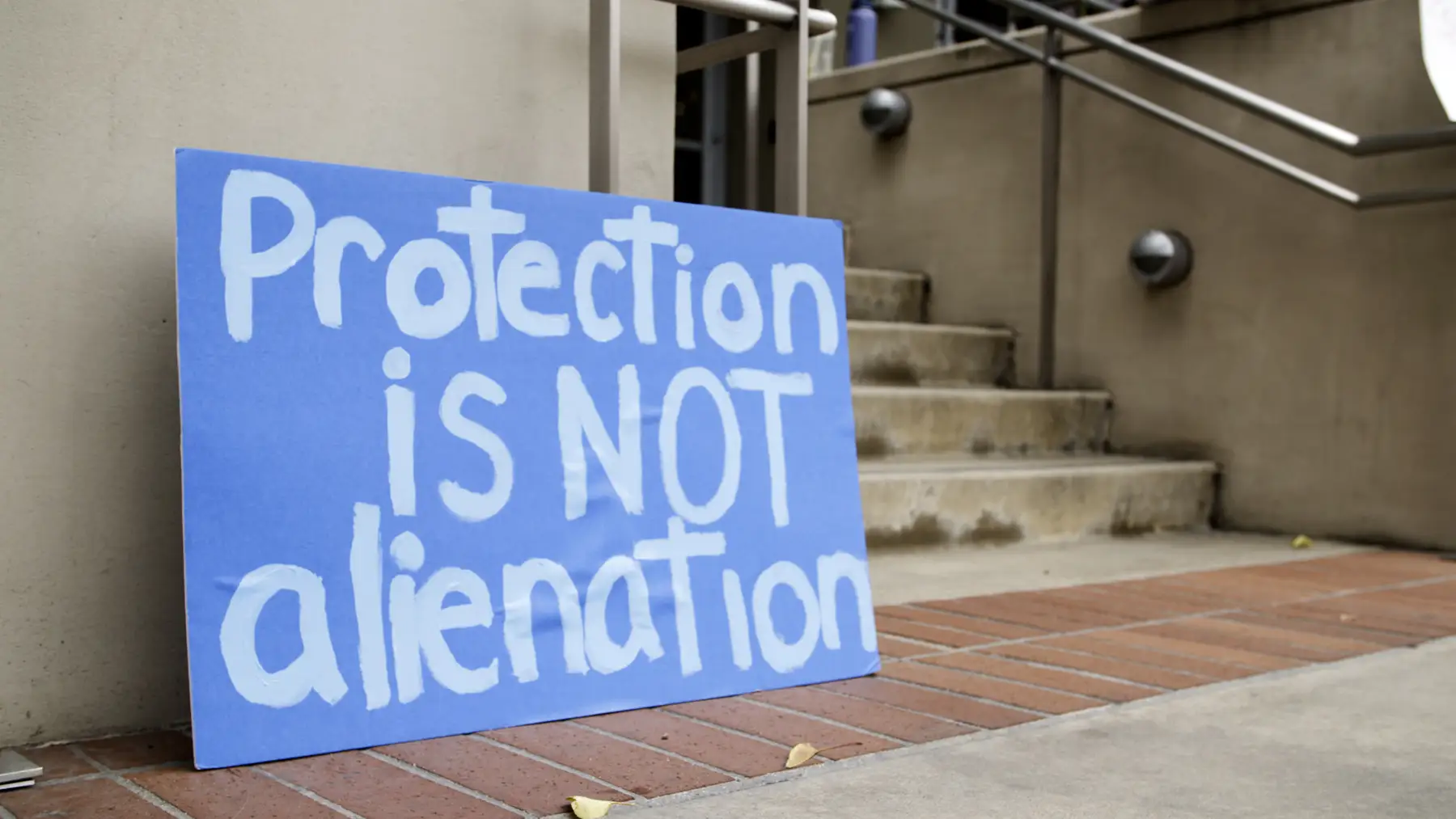
Understanding the Complex Phenomenon of Parental Alienation
Parental alienation is a distressing phenomenon that occurs when one parent influences a child to reject or distance themselves from the other parent. This can have profound emotional and psychological effects on the child and the targeted parent. Recognizing the signs and dynamics of parental alienation is crucial in addressing this challenging issue.
Legal Implications and Challenges in Parental Alienation Cases
Parental alienation cases often present unique legal challenges. Courts may struggle to discern the motives behind the alienating behavior and determine the best course of action to protect the child’s well-being. Legal frameworks vary, and understanding how to navigate these complexities is essential for those involved in such emotionally charged situations.
Impact on Children: Emotional and Psychological Consequences
The consequences of parental alienation extend beyond legal complexities. Children caught in the crossfire often experience emotional and psychological distress. The alienated parent may find it challenging to maintain a meaningful relationship with the child, leading to potential long-term effects on the child’s mental health and overall well-being.
The Role of Mental Health Professionals in Addressing Parental Alienation
Addressing parental alienation requires a multidisciplinary approach, involving mental health professionals who specialize in family dynamics.
